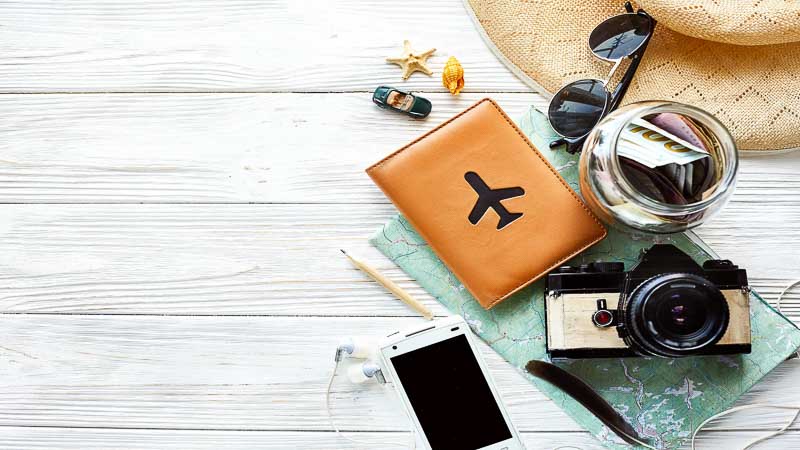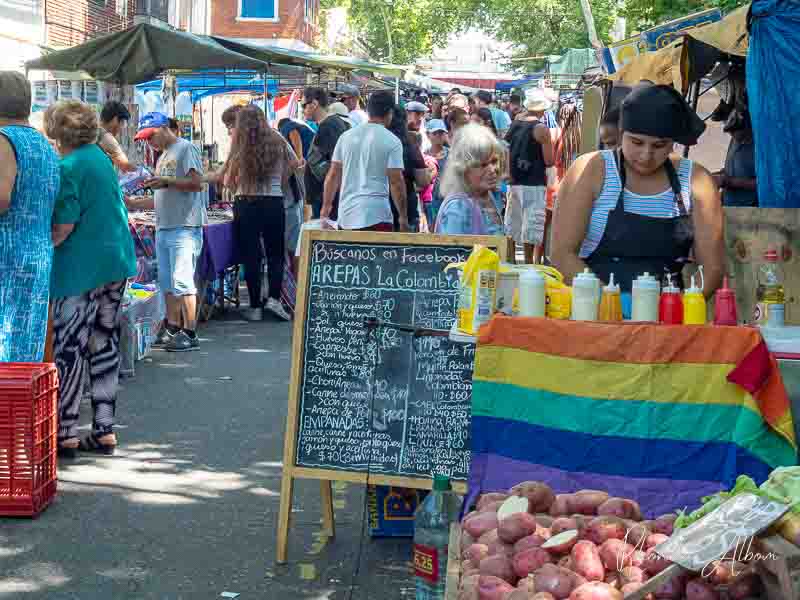Going on a holiday to a local destination or abroad involves a whole lot of planning and preparation: there’s the itinerary you have to make beforehand, booking hotel accommodation, looking up local restaurants, and the like.
One of the most crucial aspects of travelling you need to remember is your budget, including the amount of money you’ll bring with you to spend while on your vacation and how to manage it.
It’s said that keeping your money safe and secure is a struggle when travelling. This becomes an even greater challenge when you’re doing multiple destinations and switching to different lodging and transportation vehicles.
The possibility of you somehow inadvertently misplacing your wallet is always present.
Travelling can be expensive; fortunately, there are many things you can do to keep your finances in check and manage your money efficiently while travelling. Read on below to learn more.
Best ways to manage money while travelling
- Use a card wallet
- Look for discounts and deals before you go on your trip
- Explore free attractions
- Eat street food
1. Use a card wallet

Most travellers nowadays opt to use their credit or debit cards instead of bringing around lots of cash.
While the practice of using a credit card when travelling is quite the norm, this isn’t to say that you shouldn’t bring cash at all. Depending on where you’re headed off to, there are still establishments and tourist spots that don’t accept credit card payments.
With this, you need to store your credit cards and cash safely in your bag. This isn’t the time to bring your regular, big wallet, as you’ll want something smaller and more compact. A credit card holder won’t do, too, because you’re not just bringing a credit card but cash too with you.
A card wallet is a perfect marriage between a wallet and a credit card holder. It’s still small, but it has enough slots to hold additional cards and even a few cash bills. Some card wallets even have a small compartment to accommodate a few coins that a traveller may need.
The separate compartments of a card wallet can help you keep your money and cards organized and accessible in just one place.
2. Look for discounts and deals before you go on your trip
On the week before your intended travel date, scour the Internet for deals, discounts, and coupons you may be able to use in the destination you’re headed off to.
Are there restaurants that have special promotions while you’re there? Why not give those a try? Or, perhaps there are local shops that have really good deals during your whole trip? That’s where you should shop.
Don’t waste the opportunity to avail yourself of discounts or coupons before you go.
Hotels even offer different discounts depending on the season. Some local transportation companies also provide a deal here and there, and it’d be a missed opportunity if you don’t take advantage of them during your vacation.
3. Explore free attractions

When travelling, one of the best ways to get a genuine feel of your destination and enjoy it as the locals do is to explore free and relatively unknown attractions.
Do your research well to plan your itinerary to include tourist attractions that have no entrance fees or charge only a small amount to visitors.
Those places may be off the beaten path, but you’re free from dealing with large crowds that are usually present on highly-commercialized and costly destinations.
4. Eat street food

Despite all the bad rap it may get, local street food stalls are safe to eat in. Not only are they a true reflection of the food and culture of the community you’re visiting, but they’re dirt cheap as well.
Eating street food is one of the best ways to manage your money when travelling. Food expenses can easily be one of the most expensive facets of travelling thanks to highly commercialized food establishments seeking large profits from guests.
But before you go down to have a taste of the local flavours, make sure that the street food you’re going to buy has the necessary documents and sanitary permits to operate. Additionally, keep an eye on other sanitation red flags like the presence of flies and others.
As a reminder, steer clear of street food vendors that don’t hold permits and don’t practice standards in food preparation.
The bottom line
Travelling is one of the most rewarding things to satisfy that wanderlust in you. While almost always a pleasant thing to do, this doesn’t mean that travelling is free from surprises. There are still so many factors that contribute to a successful vacation, one of which is ensuring your finances are in order.
Whether you’re bringing physical cash or your credit card, you must be prudent and careful to keep your money safe and well-managed for a hassle-free vacation.
How do you manage your money when travelling?
You might also like
About the author
Zachary Lopez is a travel blogger and digital nomad. His posts and articles help travellers make the most of their travel budget. Rarely in one place for long, Zach spends his free time on video calls with his family back home.

L. Diane Wolfe
I certainly wouldn’t carry a lot of cash.
Remember traveler’s checks? Does anyone even use those anymore?
Alex+J.+Cavanaugh
I can see how eating would end up being the most expensive if you’re not careful.
Often free attractions turn out to be the best.